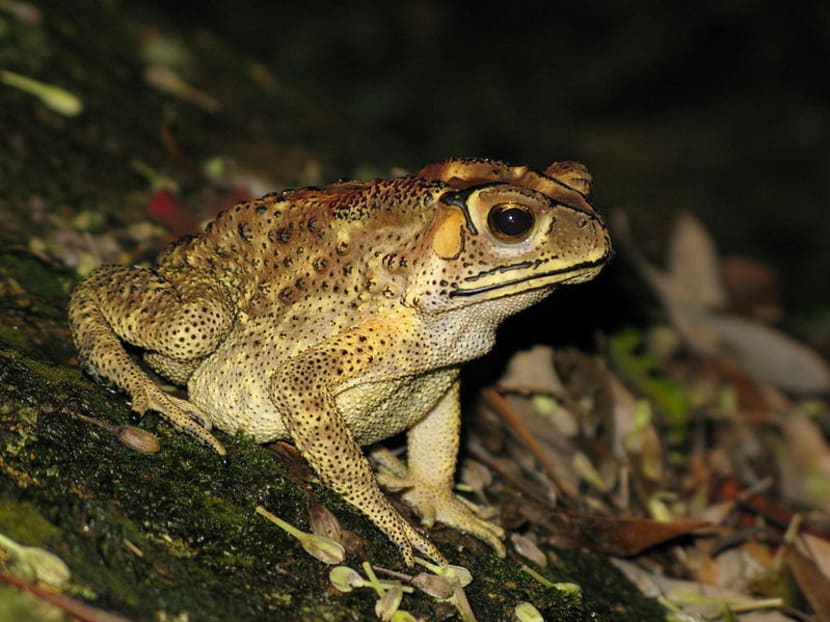Buddhist practice may be endangering frogs here
SINGAPORE — The Buddhist practice of releasing live animals into the wild to demonstrate piety may be harming the local frog population, with a deadly fungus recently detected for the first time on frogs in Singapore.

SINGAPORE — The Buddhist practice of releasing live animals into the wild to demonstrate piety may be harming the local frog population, with a deadly fungus recently detected for the first time on frogs in Singapore.
According to Assistant Professor David Bickford of the National University of Singapore’s Department of Biological Sciences, well-meaning practitioners could be introducing diseased frogs into the wild, causing the spread of the chytrid fungus.
In a study conducted by NUS and the Wildlife Conservation Society, the samples that tested positive for chytrid fungus were obtained from local pet stores and the wild, showing that the fungus is being spread through complex international trade of frogs.
The fungus is believed to be partly responsible for the global decline of amphibian species as it inhibits frogs’ ability to breathe through their moist skin, causing them to suffocate, explained Asst Prof Bickford.
On the importance of raising awareness of the chytrid fungus and the role frogs play in the local ecosystem, Asst Prof Bickford said that frogs play a vital role in the food web.
As amphibians that straddle land and aquatic habitats, they also serve as indicators of water quality. ZARA ZHUANG





